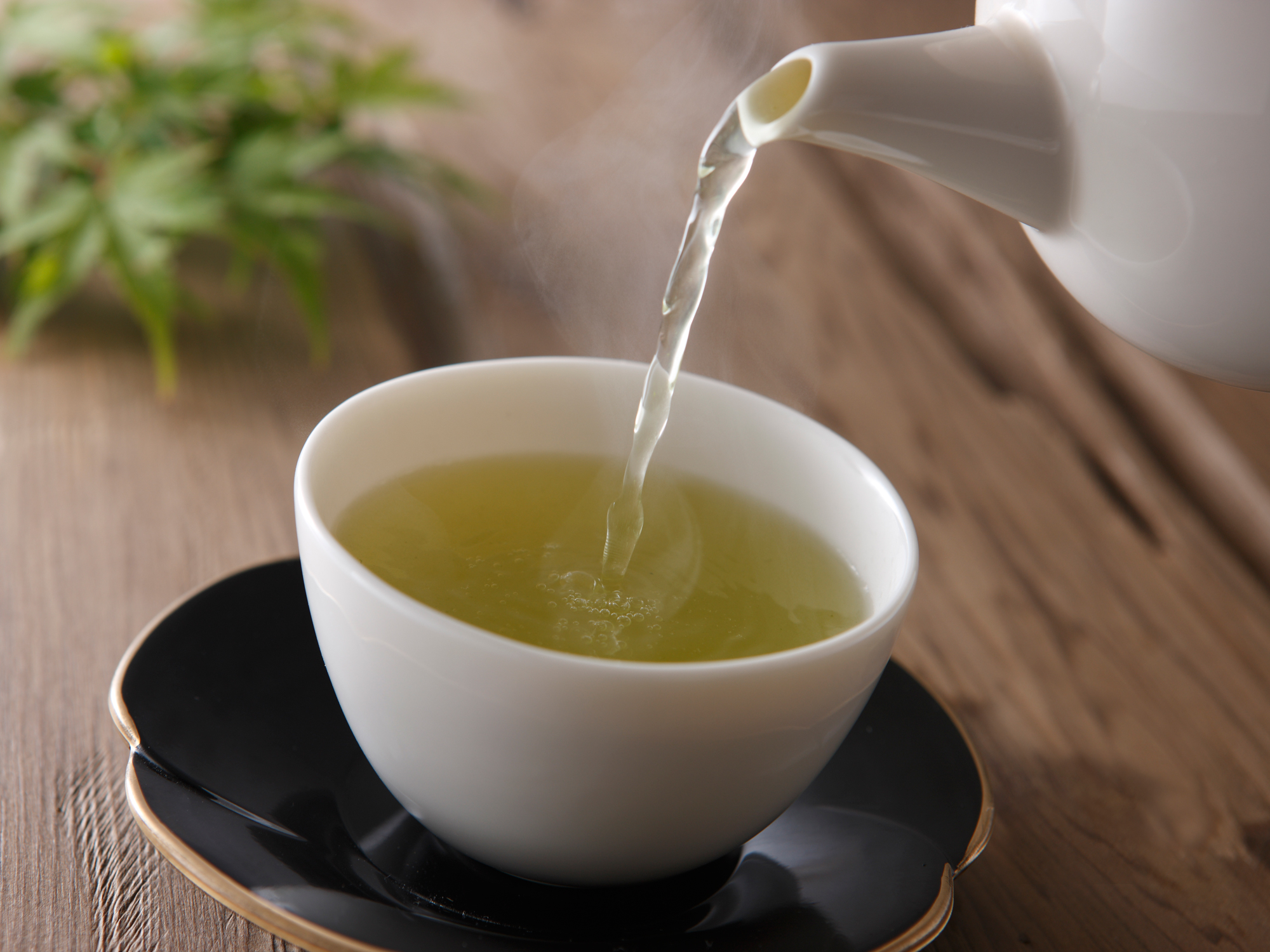Get Easy Health Digest™ in your inbox and don’t miss a thing when you subscribe today. Plus, get the free bonus report, Mother Nature’s Tips, Tricks and Remedies for Cholesterol, Blood Pressure & Blood Sugar as my way of saying welcome to the community!
Green tea continues to amaze as potent cancer-killer

There are over 100 known cancers. Just the word causes most of us to pause and take a deep breath… and none of them are to be taken lightly.
But some strike more fear than others. Breast cancer is one such cancer because it’s among the top five with the shortest survival rates.
That doesn’t mean a breast cancer diagnosis translates to no hope. What it does mean is that looking outside the realm of mainstream medicine’s antiquated cancer advice just might increase your odds…
The first way a natural approach can help is in finding preventative measures that can help you avoid a cancer diagnosis in the first place. And it seems the Japanese have held a cancer prevention secret in their hands for thousands of years — the everyday consumption of green tea.
Green tea nutrients and catechins
Green tea contains powerful polyphenols that have proven to play a role in resisting a variety of cancers — liver, breast, prostate, lung and skin cancers, among others.
To give you an example of the strength of these compounds, the phenolic compounds in black tea are only five percent, while in green tea they are 30-42 percent of the dry weight.
These cancer-fighting polyphenols are known as catechins. The most beneficial one is epigallocatechin-3-gallate, more commonly known as EGCG, but it’s not the only one…
- 15% protein
- 4% amino acids
- 26% fiber
- 7% carbohydrates
- 7% fats
- 5% minerals
- 2-6% caffeine
- 4% epicatechin
- 6% epicatechin-3-gallate
- 19% epigallocatechin
- 59% epigallocatechin-3-gallate
Benefits of green tea for cancer
The efficacy of green tea has been respected in Eastern medicine for thousands of years. But when it comes to the West, we tend to rely on what the studies show. Here’s a quick rundown on some of the benefits of green tea shown in studies:
- In 13 different in vivo experimental studies, green tea reduced tumor volume by 70.3 percent.
- In mice given a green tea catechin mixture, the rate of prostate cancer reduced from 100 percent down to just 13 percent.
- In patients after polypectomy, drinking green tea for one year reduced recurrence of colorectal adenomas by 51.6 percent.
- It’s even been shown that topical application of EGCG prevents tumor growth.
And specifically for breast cancer…
- In female patients overcoming breast cancer, the odds of reoccurrence can be high. Green tea has been shown to reduce reoccurrence rates by 16.7 percent and/or prolong the odds of recurrence by 3.6 years.
- It’s also been shown that drinking 10 cups of green tea per day results in an average 8-year cancer delay in females.
If 10 cups sound like a lot, here’s why…
The studies used small Japanese cup sizes of 120mL, which equates to around 4 ounces, or five average American-size cups per day. So you don’t really have to drink as much as you’d think, but it certainly wouldn’t hurt.
How does green tea help cancer?
Green tea polyphenols have numerous cancer-fighting powers. They:
- Prevent binding to receptor cells.
- Reduce oxidative stress, scavenge reactive oxygen species (aka free radicals) and stop pro-oxidant enzymes.
- Prevent DNA damage.
- Reduce inflammation by down-regulating several pro-inflammatory molecules – interleukin-6, C-reactive protein, and tumor necrosis factor-a, which is a known tumor promoter.
- Stiffen cell membranes to prevent cancer cell penetration into tissues.
- Directly stop cell growth and cause cancer cell death.
- Prevent invasion and migration of cells.
It’s really quite astounding that a simple beverage can endow such powerful health benefits.
Drink at least one cup of green tea a day and if you can drink five, that’s even better! Try Kellye Martin’s delicious peachy green tea cooler recipe!
Editor’s note: Discover how to live a cancer prevention lifestyle — using foods, vitamins, minerals and herbs — as well as little-known therapies allowed in other countries but denied to you by American mainstream medicine. Click here to discover Surviving Cancer! A Comprehensive Guide to Understanding the Causes, Treatments and Big Business Behind Medicine’s Most Frightening Diagnosis!
Sources:
-
Liu SM, et al. Green tea polyphenols induce cell death in breast cancer MCF-7 cells through induction of cell cycle arrest and mitochondrial-mediated apoptosis. J Zhejiang Univ Sci B. 2017;18(2):89-98.
-
Suganuma M, et al. Biophysical Approach to Mechanisms of Cancer Prevention and Treatment with Green Tea Catechins. Molecules. 2016;21(11).
-
Yang CS, et al. Recent Scientific Studies of a Traditional Chinese Medicine, Tea, on Prevention of Chronic Diseases. Journal of Traditional and Complementary Medicine 2013; 4(1): 17-23.
-
Singh R, et al. Green tea polyphenol epigallocatechin-3-gallate: Inflammation and arthritis. Life Sciences. 2010; 86: 907–918.












